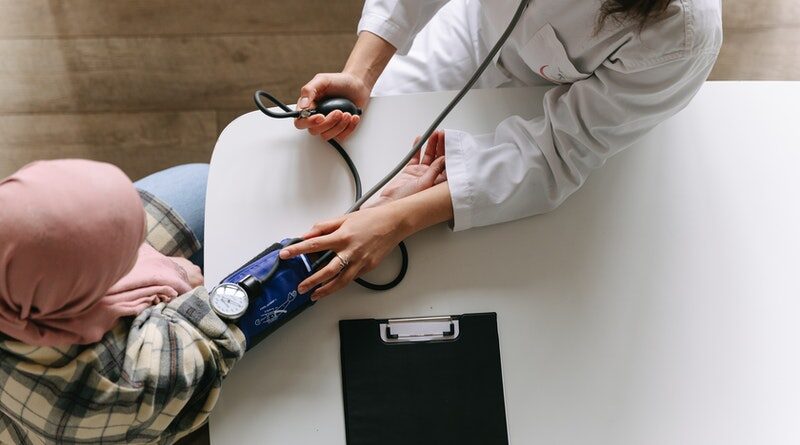Having cancer can be very hard to cope with when you know the cancer-related mortality rate in India is higher than in other developed countries. Wondering why?
Delayed diagnosis and failure to find the right therapy according to your cancer type and not initiating the treatment at the earliest stages are the most prominent causes of poor cancer survival rates in India.
According to the recent stats, more than 19.3 people are suffering from the deadly disease worldwide. If we talk about India’s battle against cancer, the Indian Council of Medical Research (ICMR) reported that in 2021 around 26.7 million people are struggling with the disease, and every year, the number is rising which is expected to increase up to 29.8 million in 2025.
Cancer is considered to be the second-largest cause of death but with the advent of new technologies, early diagnosis, and improvement in cancer screening techniques and treatments, the survival rates have improved over the last decade.
Everyone reacts differently when diagnosed with cancer and tries to deal with pain in their own way. Talking about your disease and knowing about it can help you cope with cancer.
Before you try to find the right kind of cancer treatment in India, you need to know about cancer itself. Here in this article, we have covered a broad range of information that revolves around the causes of cancer and how you should deal with it.
What is Cancer?
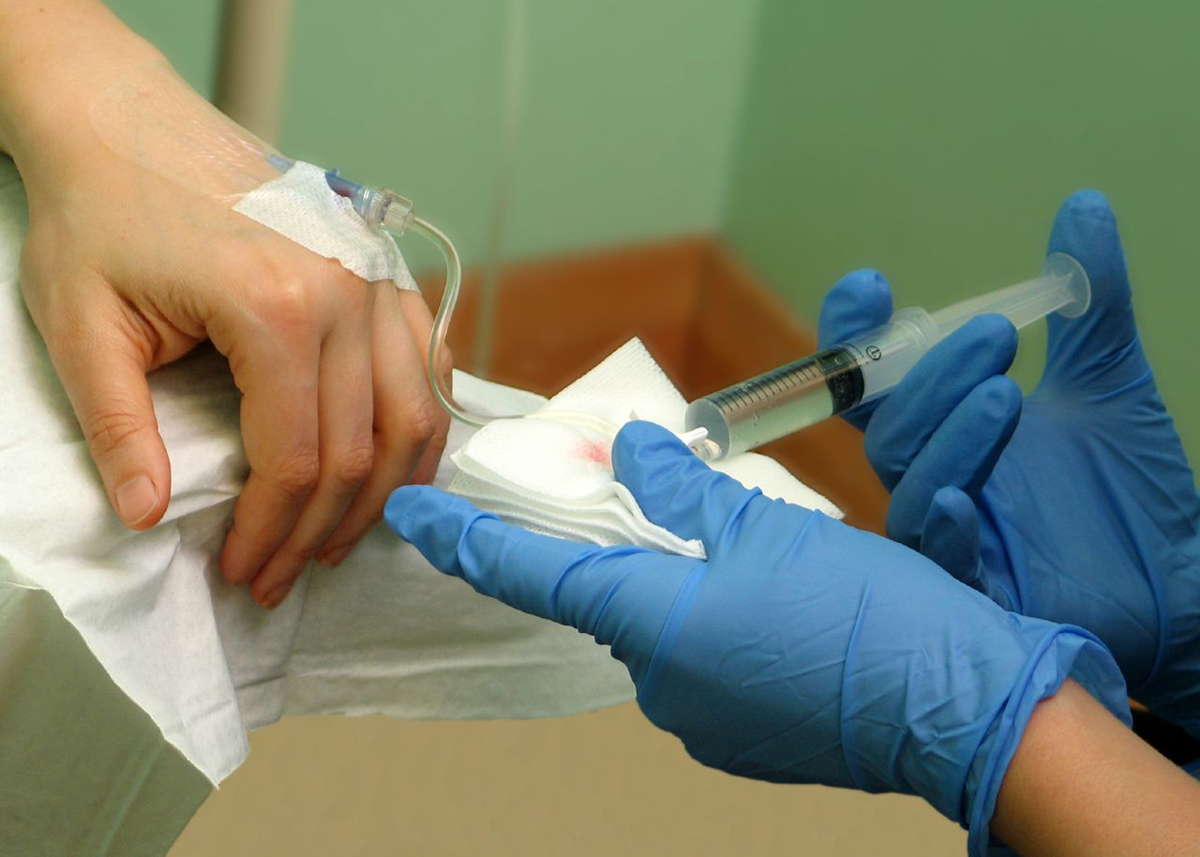
source: pinterest.com
Cancer is a broad term that refers to the development of abnormal cells that divide uncontrollably in any organ of the body. In some cases, cancer has the ability to spread throughout your body.
While some types of cancer cause cells to grow at an accelerated rate, others cause cells to grow and divide at a slower rate. In simpler terms, when cellular changes go rogue and present an uncontrolled growth and division of cells and have the ability to infiltrate and destroy normal body tissue, the disease is characterized by Cancer.
Cells in our body have a fixed lifespan and the death of any cell is a part of a natural phenomenon called apoptosis which is not just normal but beneficial as the body can replace it with a newer cell that functions better. It is just like replacing the old engine oil with a newer one so that your car functions smoothly.
In the case of cancer, the cells stop adhering to this natural practice as cancerous cells lack the integrants that signal them to stop dividing and to die. Hence, they start building up in that specific organ abnormally, feasting on oxygen and essential nutrients that would otherwise nourish other healthy cells.
As a result of this glitch, the cancerous cells can develop tumors, diminish the immune system and cause other unexpected changes to the body that prevents it from normal functioning.
What causes cancer?
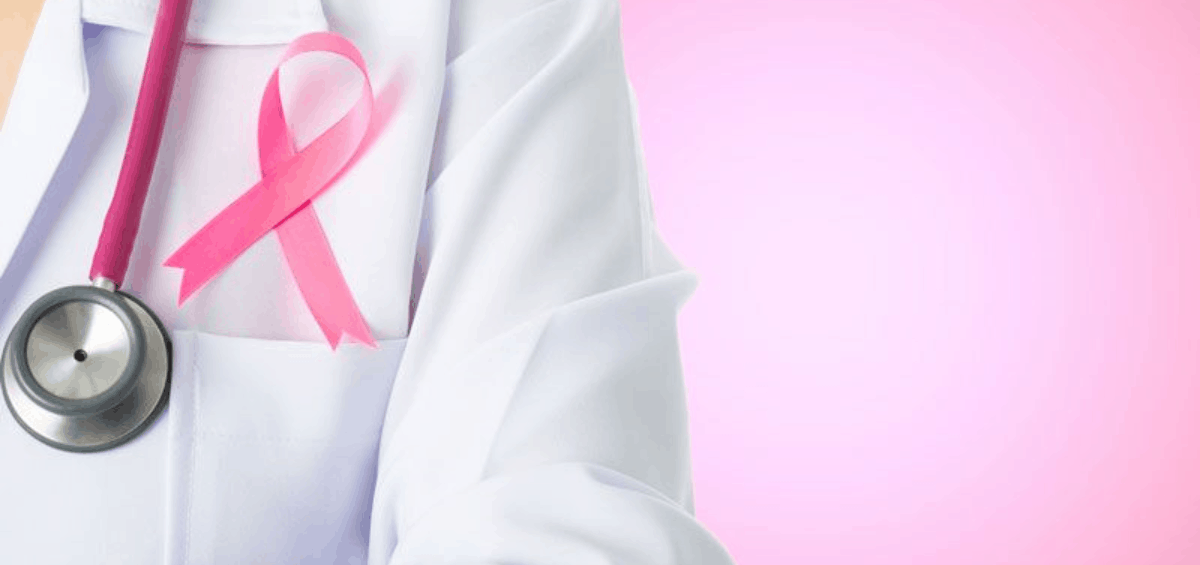
source: survivornet.ca
Cancer has been around since humanity began. Its earliest records date back to circa 1600 BC to an ancient Egyptian script called the Edwin Smith papyrus that wrote about breast cancer.
There are a lot of rumors and myths about what causes cancer and its horrible nature makes it tough to understand which one is true or false. Here in this section, we have brought answers to some of the questions you may have.
Cancer is a word given to a group of diseases involving abnormal cell growth that can potentially spread and threaten other tissues in our body. Before we learn what causes cancer we must first understand what it means.
Cancer is the antisocial behavior of your own body cells that typically happens when various genetic abnormalities accumulate in its DNA. Cells contain a gene specifically meant to prevent cancer from occurring, which is known as a tumor suppressor gene. Its job is to stop the cell from growing out of control and restrict its activity.
Cells also contain proto-oncogenes which do the exact opposite when activated into oncogenes. How and when genes are switched on and off determine the cell’s growth and ultimately whether you can get cancer.
There are also many other factors that are linked to this as cancer is horribly complicated. DNA & genes are very fragile, they are susceptible to damage and mutation. A small mutation in the right place can interfere with genes.
Now we know that DNA mutation is essentially the key to cancer, so what causes cancerous mutations?

source: pinterest.com
There is no single cause for these genetic mutations that lead to cancer. Scientists believe there might be an interlinkage of many factors together that influences mutations, some of these are:
The common risk factors include smoking, drinking, a sedentary lifestyle, poor diet, and working with toxic chemicals that can introduce harmful cancer-causing chemicals into the body known as carcinogens. These can affect the genes inside a cell and change them.
Family history, inheritance, exposure to chemicals near a family’s residence, combined with genetic disorders (like Wiskott-Aldrich and Beckwith-Wiedemann syndrome) may be responsible for some childhood cancers.
Another way is through viral or bacterial infections as we have already explored in recent studies, now we know viruses (like Epstein-Barr virus, HIV) carry their own genetic information which they bring into cells altering genes.
Carcinogens in the environment like pesticides, fertilizers, and biowaste have been researched for a direct link to genetic disorders that cause cancer. Some of these chemicals are so powerful that they can pass through the food we eat, water or milk we drink, or air we breathe to exhibit prenatal or infant exposure to cancer-causing mutations.
Although it takes many of these mutations to happen together to cause cancer, the disease still affects one in three people on average in the world.
Is cancer curable – What can you do about it?
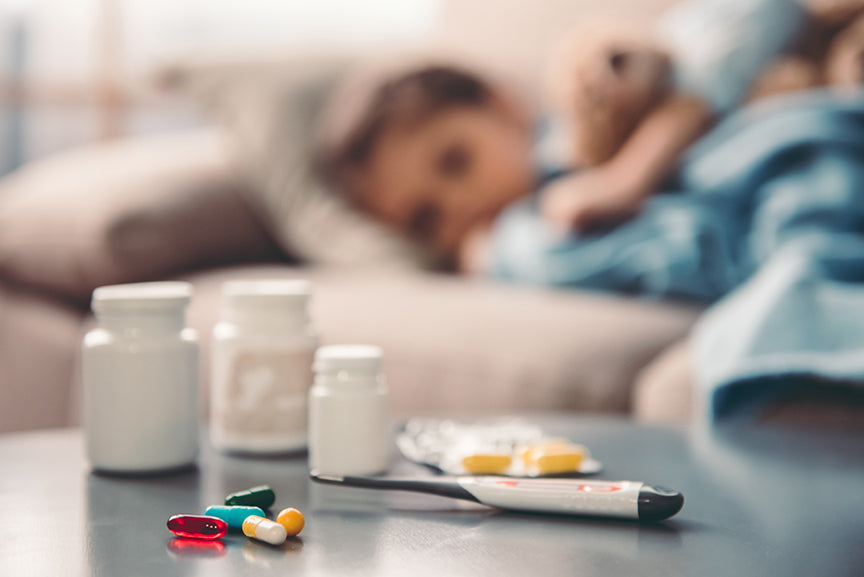
source: pinterest.com
Every day in India, about five hundred people are given the life-changing news that they have cancer. A cancer diagnosis is very similar to what people experience when they are traumatized and the trajectory of what happens psychologically is very similar.
The days and weeks after being diagnosed with cancer can be very stressful. For patients, it is normal to be in shock or denial at first. They feel scared and angry too, and some of them just go numb. There is no right or wrong way to feel, a mix of emotions will probably come and go.
Disbelief and anxiety are normal. Often the best first step for patients is to work closely with their health care team. Working with their doctors, you know getting the opinions that they need, you know getting the information that they need about what they’ve got. All of those things can then help contain the initial anxiety about what just happened.
Can we cure cancer? Is there any medicine, therapy, or treatment available to cure cancer? – The answer is most of the time we already have lots and lots of treatments and compounds to do the job.
The problem is that because cancer isn’t a typical illness, that’s to say it’s actually your own body malfunctioning. It’s difficult to pinpoint one universal medicine.
Each person is different – they have different genes, different environmental influences, and habits. This means that lung cancer in one person can be radically different from lung cancer in another. It just isn’t the same as two people with tuberculosis or hepatitis.
There are many ways oncologists take to help slow and stop the progress of cancer such as preventing the supply of blood surgical removal and even purposely changing DNA in our immune system to help them fight cancer more effectively.
As technology and medicine progress we are seeing a fall in the mortality rates across the world. There is more hope today for cancer patients than ever before however we still have a long way to go.
Cancer accounted for almost 14.6% of all human deaths in 2012, our advice would be to stop smoking and drink responsibly and eat a healthy and well-balanced diet but also to enjoy life and loved ones, even the mother-in-law.
Why should you start the cancer treatment at the earliest stage?
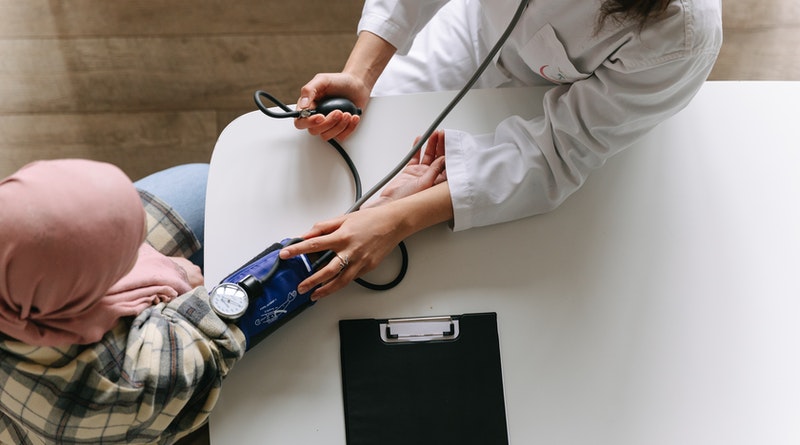
source: pinterest.com
Every cancer is unique, and everyone’s treatment plan will be different. You need to find the right hospital and oncologist in India who specializes in your cancer type and create a plan for the treatment you need. But it is advised to get diagnosed earliest right when you see any symptoms of cancer in your body.
If the tumor suppressor gene is deactivated, for instance, this can cause problems. What if the oncogenes are activated and cells can become antisocial ignoring the body’s tissue growth regulation mechanisms and begin to proliferate uncontrollably? When this happens it usually forms a tumor.
This structure then continues to grow anomietate. Since many regulatory genes and their promoters have been damaged or changed the tumor is now even more vulnerable to mutation and this can then deactivate DNA repair genes causing further problems and susceptibility.
If the tumor becomes malignant that’s to say it’s likely to spread. It can cause damage to surrounding tissues and move around the body. The need of the hour is to integrate new scientific approaches and adopt innovative mechanisms to intensify and accelerate the screening procedures to ensure that every individual who is at risk undergoes screening tests.
An ounce of prevention is worth a pound of cure – the top five cancers, which are nearly half of all cancers, can be prevented by avoiding the risk factors associated with these cancers. Moreover, these cancers can be treated with a cure at an initial stage if they are detected early.

